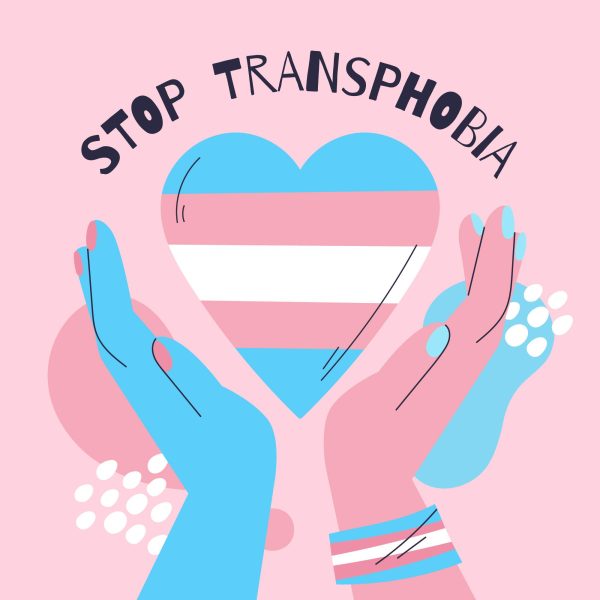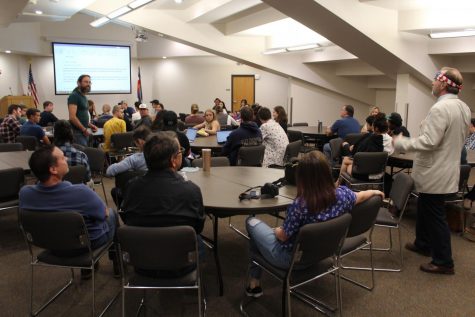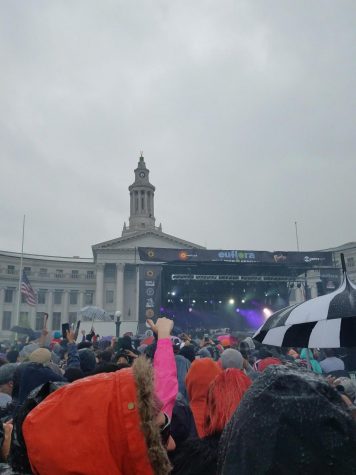Judge Alvin K. Hellerstein Mulls Over Case That Could Offer Federal Protection for Cannabis
On Wednesday, February 14, 2018, Judge Alvin K. Hellerstein of the U.S. District Court for the Southern District of New York conducted a hearing in which the Justice Department argued for the dismissal of a cannabis scheduling case, in which three plaintiffs have found medicinal solace from the plant. Due to Hellerstein’s openness and priority to hear the plaintiffs Washington et. al., marijuana supporters are hopeful America could see a change from this medical cannabis case.
Filed in July 2017, Washington et. al. v. Sessions et. al. seeks to gain federal protection for cannabis from the DEA’s Controlled Substance Act rather than seek to reschedule it. According to Alan Feuer, when the case came before Judge Hellerstein in a September 2017 hearing, the Judge said Washington et. al. V. Sessions et. al. would receive his “prioritized attention.”
Profoundly, February 14’s hearing comes shortly after U.S. Attorney General (AG) Jeff Sessions released a memo on January 4, reaffirming “marijuana is dangerous, and marijuana activity is a serious crime,” while rescinding the August 2013 Cole Memo, which gave light protections to marijuana endeavors in legal states. Sessions encouraged all U.S. AGs and prosecutors to follow federal principles and consider the seriousness of the crime, effects of prosecution, and the cumulative community impact.
Likewise, California opened their legal marijuana market on January 1 and Vermont legalized marijuana via legislation on January 22, 2018. These two states join Colorado, Alaska, Oregon, Maine, Massachusets, Nevada, Washington D.C., and Washington state in allowing any resident 21 and over to consume cannabis legally.
Furthermore, the cannabis stories of the plaintiffs make an impact. Using Cannabis to alternatively treat severe epilepsy and a rare neurological disorder allows 12 and 7-year old Alexis Bortell and Jagger Cotte, respectively, to live more effectively. Among the other plaintiffs are the non-profit organization Cannabis Cultural, along with an Iraq veteran who found healing from post-traumatic stress disorder, and NFL player turned “hemp-based sports performance product” founder.
For these reasons, it is unlike the numerous failed cannabis scheduling cases which have come before it, including the October 2014 United States V. Pickard, et. al., in which defense expert witnesses agreed there is accepted scientific evidence of marijuana benefits.
The opinions of lawyers, one on each side, for Washington et. al. V. Sessions et. al. have clearly disagreed:
Representing Washington et. al., Joseph A. Bondy said, “It’s the first time a young child who needs life-saving medicine has stood up to the government to be able to use it. It’s the first time a group of young millennials of color has stood up to the government and said the marijuana law is wrong and has destroyed their communities.”
Representing Sessions et. al., the Justice Department made the comment, “There is no fundamental right to use marijuana, for medical purposes or otherwise.” The remainder of the Justice Department’s stance on throwing out the case is due to a lack of value to liberty and an insufficient presence of marijuana “in this Nation’s history.”
There appears to be peace while Judge Hellerstein mulls over a response to claims made to reject Washington et. al. V. Sessions et. al. It could be up to a few weeks.

Pursuing what she calls a rounded interest general degree, Lauran’s passion for literature, nature, and travel are life-long. Her travels have kept her in the continental United States up to this point, but there are many world adventures...











Dwayne Polidori • Feb 27, 2018 at 4:32 am
Attacking a plant that can help so many people with absolutely no side affects is criminal and the people doing this should be held accountable and charged with murder!!!
Beau Dixon • Feb 24, 2018 at 9:35 pm
I signed Alexis Bortells Petution and Support This Cause 100% The people are speaking and its time for the government to quit hiding behind Lie’s to protect MULTIPLE industries not just Big Pharma.
Lets include Cotton, Forest, and MOST OF ALL OIL!!!! Now were talking energy sector these are things not mentioned in any of this. Very BIG picture